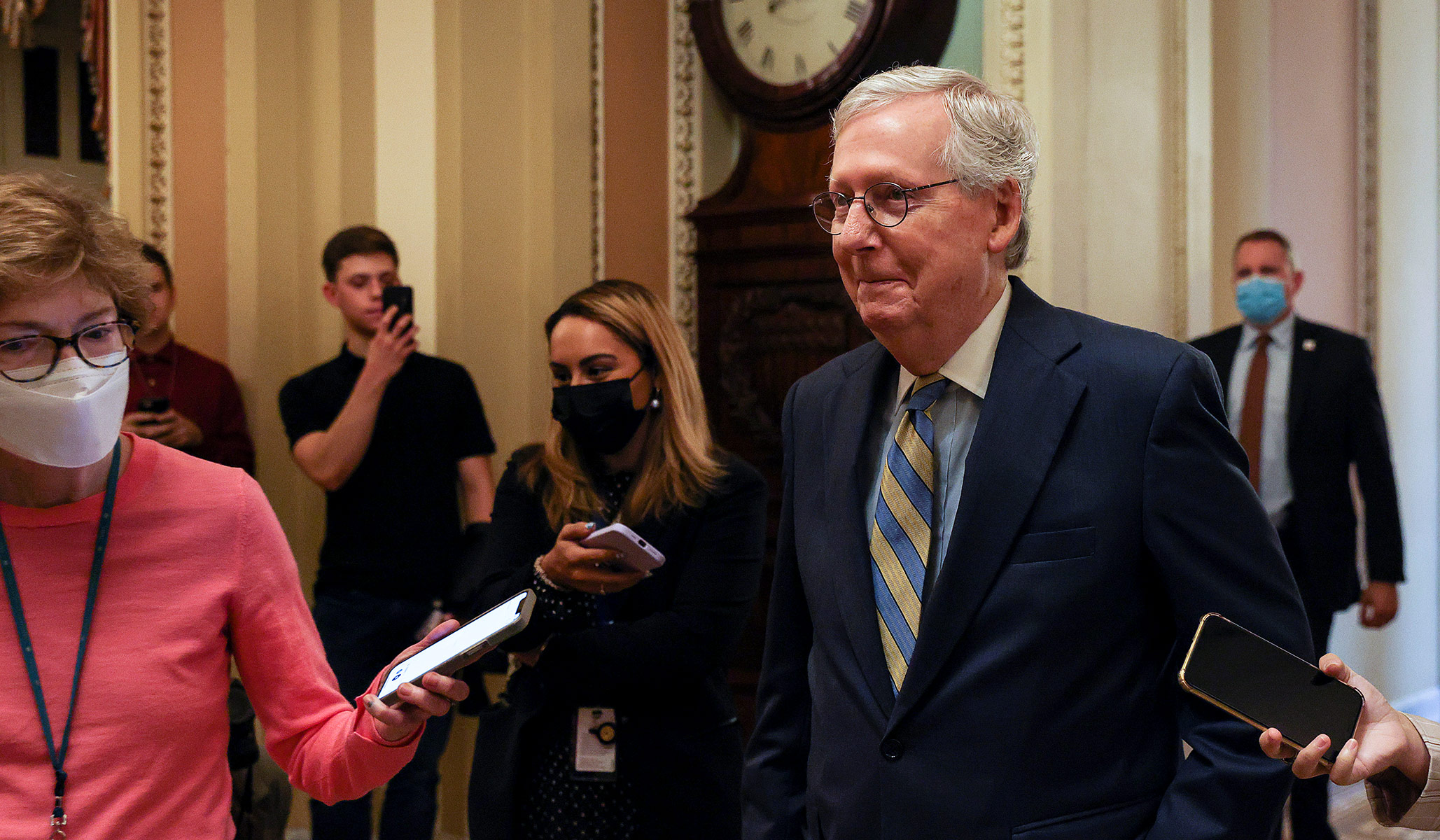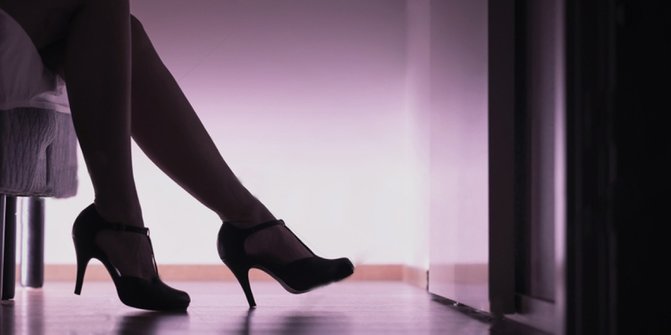Delhi, India (CNN)As India’s brutal second coronavirus wave ravaged the country this spring, Ankit Srivastava went from hospital to hospital, trying to find help for his ailing mother.
But hospitals in the Indian city of Varanasi had run out of space, oxygen, medicine, tests — everything.
“They told us everywhere was bad and people were lying on the hospital floors, and that there were no beds at all,” the 33-year-old said.
His mother died before she could be tested for Covid-19.
This week, India’s government unveiled a compensation program that would provide 50,000 rupees (about $670) to the families of past and future Covid-19 victims. That’s more than half of what most people in the country earn annually, according to the government’s most recent estimate of income per capita for the 2019-2020 financial year.
In theory, the program should help people like Srivastava. But experts believe the true death toll may be many times the official tally of 450,000 — and the families of some victims may end up missing out on compensation because they either don’t have a death certificate or the cause of death is not listed as Covid-19.
The Indian government has promised no families will be denied compensation “solely on the ground” that their death certificate does not mention Covid-19.
But days after the compensation plan was announced, the rules remain unclear — and that’s causing stress for many Indians struggling to feed their families after losing a breadwinner during one of the world’s worst Covid outbreaks.
The uncounted dead
On the face of it, the criteria for compensation is relatively straightforward.
Families can receive the payout if their loved one died within 30 days of a Covid-19 diagnosis, regardless of whether the death took place in hospital or at home, according to the guidelines approved by the Supreme Court Monday. They are also eligible if the family member died while in hospital being treated for Covid-19 — even if the death happened more than 30 days after diagnosis.
To be considered a Covid case, the deceased must have been diagnosed with a positive Covid test or have been “clinically determined” by a physician. And to apply for compensation, next of kin must provide a death certificate stating Covid-19 was the cause of death.
But for many in India, these guidelines pose a massive problem.
Even before the pandemic, India was undercounting its dead.
The country’s underfunded public health infrastructure means that in normal times, only 86% of deaths nationwide were registered in government systems. And only 22% of all registered fatalities were given an official cause of death, certified by a doctor, according to community medicine specialist Dr. Hemant Shewade.
That problem has intensified during Covid, with studies suggesting millions of people like Srivastava’s mother aren’t included in the death toll.
In July, the US-based Center for Global Development estimated that during the pandemic, India could have had between 3.4 and 4.9 million more deaths than in previous years — meaning the government’s official Covid-19 toll could be several times lower than reality.
The figures suggest the Indian government underreported the number of pandemic deaths, a claim the government has denied.
Even if victims have a death certificate, many don’t explicitly list Covid-19 as a cause as they weren’t officially diagnosed, said Jyot Jeet, chairperson of the Delhi-based organization SBS Foundation, which conducted free cremations during the second wave.
Instead, many Covid victims’ death certificates “either say they died of lung failure, respiratory disease, cardiac arrest,” he added.
The guidelines say families can apply to amend the cause of death on a death certificate, and assert that no families will be denied compensation “solely on the ground” their death certificate does not mention Covid-19.
A district-level committee will review their application and examine the deceased member’s medical records — and if they agree Covid was the cause of death, they will issue a fresh death certificate saying so, according to the guidelines.
However, no further details have been provided on what criteria the committee will use to gauge the cause of a months-old death, and what evidence families will need to provide.
“That is absolutely complicated,” said Pranay Kotasthane, deputy director of the India-based Takshashila Institution think tank, adding that if the government is resolved to help people rather than policing the money, the plan could benefit families.
CNN has reached out to India’s Ministry of Health for comment.
Red tape
After Pooja Sharma’s husband died of Covid-19 in April, she felt helpless and alone, with no idea how to provide for their two young daughters.
Her husband, a shopkeeper, was the breadwinner of the family. But as his condition deteriorated, he told her to take care of their children.
“I didn’t know how I would do that,” said the 33-year-old mother, who lives in India’s capital region Delhi. “I haven’t been to school and didn’t know what I could do to make money.”
Sharma says her husband’s death certificate lists Covid as the cause — but she may still face an uphill battle. The program promises families will have their compensation within 30 days of proving their eligibility, although previous government initiatives — both before and during the pandemic — have been beset by long delays and frustrating bureaucracy.
“Underprivileged or poor communities are the worst hit — first by Covid and second by the system,” said Jeet, the SBS Foundation chairperson. Because of their low literacy levels, he added it is “a tedious task” for families to navigate the complications in the system, which includes collecting the appropriate paperwork, filling out forms, communicating with local district officials and providing medical information.
The country’s most recent Census in 2011 found that 73% of Indians are literate, and the number is even lower for women in rural areas where just over 50% can read and write.
Kotasthane, the think tank director, also worries about the ability of people to access payments. “The cost of getting the compensation should not be more than the compensation itself,” he said.
Sharma has already run up against government red tape for a state-run support program she applied for in June.
“I filled out all the paperwork with the help of others. I went to government offices every day,” she said. “I haven’t heard anything from them. I don’t think that money will ever come through.”
Though she will apply for the new compensation program, she said she’s not confident of receiving any payments — and either way, it’s not enough to compensate for her loss.
“I don’t know if I will even get that sum of money,” Sharma added. “50,000 rupees will not give me my husband back. My life will not be the same.”
Too little, too late
Many share Sharma’s sense of disillusionment, and the sentiment that the compensation offered is too little, too late.
The second wave effectively traumatized an entire nation, laying bare the government’s missteps and sowing deep anger among a public that largely felt abandoned by its leaders.
Many factors played into the severity of the second wave. The government was slow to act and had not prepared in advance, leading to crippling medical supply shortages at the most desperate moment. The medical system collapsed — at the peak of the wave, more than 4,000 people were dying every day, many on the streets and outside hospitals filled past capacity.
The shortages also led to a boom in the black market, which price gouged oxygen cylinders and medicine. With no help in sight from the government, many families had no choice but to empty their savings and borrow money to buy overpriced goods, in the hope of saving loved ones.
Simran Kaur, founder of Pins and Needles, a non-profit organization supporting Covid widows in Delhi, said some women are facing debts while caring for several young children alone and without a breadwinner.
“They are already in so much debt because overnight, they went from earning a monthly salary through their husbands to earning nothing,” she said.
“A one-off payment from the government will not solve everything. It won’t educate her children, pay their rent, or put food on their table. It might sound good on paper, but it’s not enough.”
The compensation might be able to help India’s poorest families . But for most families, especially ones that have lost multiple members to Covid, “50,000 rupees is going to do nothing,” said Srivastava, who lost his mother.
Since the second wave, he and his sister — who were both ill with Covid while trying to save their mother — have recovered from infection. Deeper scars remain, as well as anger toward a government that “had barely done anything to prepare for Covid,” he said — but “there’s no option but to recover from the tragedy.”
“In India, people accept the fate, they say that it was Go d who did it, console themselves and move on,” he added. “We have the habit of enduring the tragedies. But it’s the government that has to make an effort.”
Note: This article have been indexed to our site. We do not claim legitimacy, ownership or copyright of any of the content above. To see the article at original source Click Here













